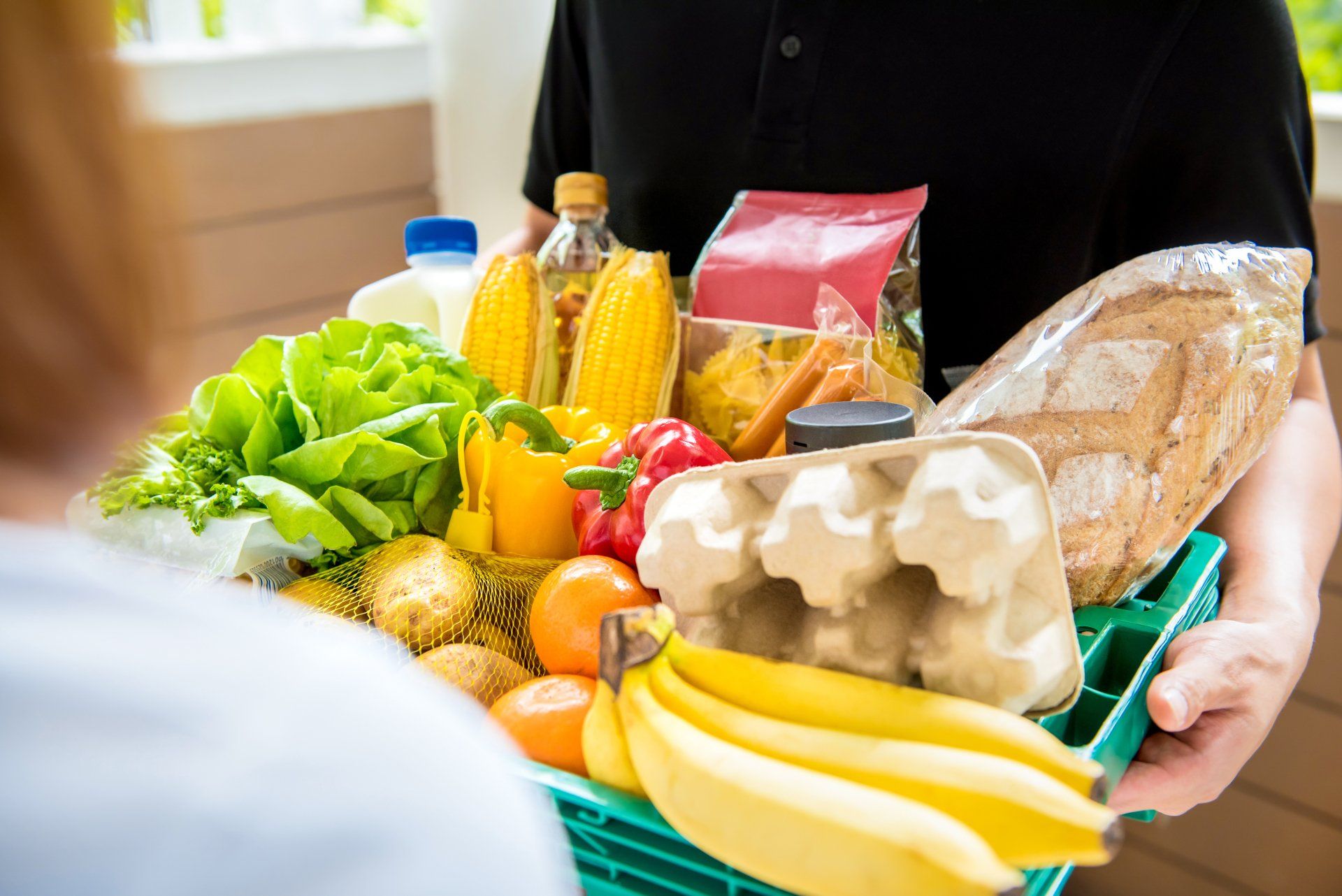Grocery and E-Commerce in 2021
Stuart Tiedeman | 2 December 2020
Industry Insights / Grocery and E-Commerce in 2021
2020 has been a challenging year with unprecedented proportions. When the World Health Organization declared a international emergency, the world as we knew it was put on hold. These events triggered a change in consumer behaviour. While the UK was in strict lockdown, the need for essential items became the highest priority. There has already been an increase in online retail and during the time the grocery market remained active, the trend around e-commerce purchases extrapolated due to the ongoing changes caused by this pandemic. In a time of uncertainty, what does this mean? How will this trend influence e-commerce and grocery in 2021?

E-Commerce in the UK
According to the Global Ecommerce Market Ranking of 2019, the UK ranked as the third country worldwide, with nearly 80% of the population using e-commerce for online shopping regularly. The UK had embraced online retailing since its origins, where an astounding 82% of citizens had purchased goods at least one time by 2017. According to Statista’s
latest figures, the e-commerce market in the UK is the most advanced in all of Europe. Customers in the UK have different shopping habits compared to other EU countries; internet retail is the most preferred way to shop.
Nearly 80% of the UK population uses e-commerce for regular online shopping.
Consumer Behaviour Changes
Supermarkets were deemed essential and remained open during lockdown. It became clear that everyone’s daily lives were going to be disrupted for the unforeseeable future, resulting in a dramatic change in consumer behaviour. Shoppers were stockpiling
hand sanitizers, non-perishable foods and clearing out the shelves faster than workers could restock. With restrictions on the number of customers permitted in stores to maintain social distance measures, shopping became a risky affair.
As a result, e-commerce grocery saw sales increase at an unprecedented level. Many opted to shop online; it was safer and easier to avoid the unnecessary contact with others. The government regulations tightened, telling vulnerable groups to isolate, implementing 2-week quarantine rules for those who tested positive and others who may have been in the same vicinity. People relied heavily on home deliveries, causing retailers to adapt and shift their efforts online. It was a challenging time for retailers; as the demand for online purchases increased, and so did home deliveries.
Solutions
Since we are still in the middle a global pandemic, 2021 remains uncertain. Retailers need to understand their consumers’ needs and habits for this increasingly competitive landscape, where shopper behaviours are constantly changing. In response to the COVID-19 crisis, Morrisons extended their home delivery services, increased production, and introduced Food Boxes
that can be delivered the next day. These food boxes range from essential items, to special occasion boxes for those who are celebrating an event at home. They have also introduced a Doorstop Delivery service
for the vulnerable and elderly who are in isolation. By using this service, people can ring and choose from a list of 47 essential groceries to be delivered to their doorstep. During these difficult times, Morrisons has also acknowledged the many hard-working NHS workers, offering them a 10% discount
on grocery.
The adjustments and improvements that Morrisons has made since the first lockdown provides assurance for those who are unable to leave their homes. While e-commerce has started to redefine the future of retail, retailers need to find new ways to support and sustain their online customers.
Role of E-Commerce and Grocery in 2021
Based on current trends, e-commerce within the grocery industry will continue to increase into the new year. Numerous customers have discovered how easy it is to order from supermarkets online, and this will remain a habit even when the pandemic ends. 2021 will be another challenging year for retailers to improve their shopping experience as the number of online customers continues to grow. The question is not whether e-commerce is here to stay, as it is inevitable, but rather how this market can be shaped according to consumer demands.


